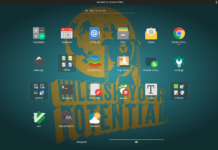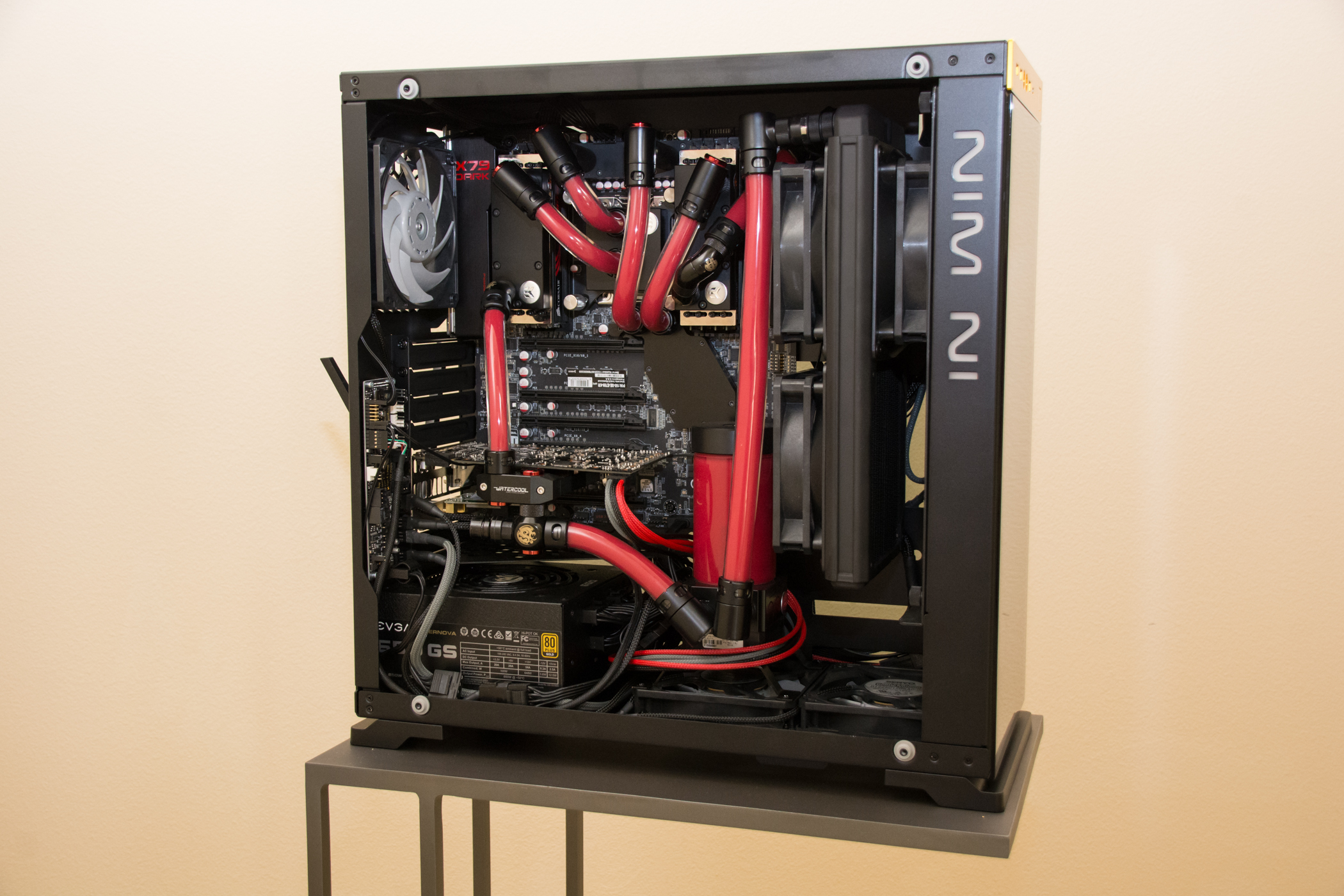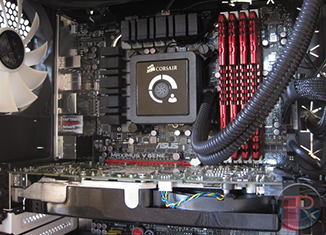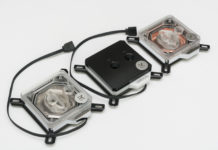
Drives that combine a SSD and a HDD together aren’t unheard of, in fact they’ve been around for quite some time. However, most of these drives usually have very small capacities or aren’t able to use the SSD and HDD as separate drives and only use the SSD portion for caching. Western Digital has changed that.
WD Black^2 combines a 120GB SSD and a 1TB 5400rpm hard drive into one 2.5″ 9.5mm solution. WD doesn’t actually call the Black^2 a hybrid drive, but a dual-drive because the the SSD and hard drive are completely separate. In other words, the drive will appear as two separate volumes: 120GB SSD and 1TB hard drive. There’s no caching involved and the end-user can decide what goes to the SSD as if it were a standalone drive. By default only the SSD portion is usable but WD supplies a USB drive with drivers in the retail package to make the hard drive portion visible to the OS as well. All Windows versions from XP and up are supported but there is no OS X support at the time of launch.
| WD Black^2 Specifications | |
| Interface | SATA 6Gbps |
| Sequential Read | 350MB/s |
| Sequential Write | 140MB/s |
| Power Consumption | 0.9W (idle/standby) / 1.9W (read/write) |
| Noise | 20dBA (idle) / 21dBA (seek) |
| Warranty | 5 years |
| MSRP | $299 |
The read/write specifications relate to the SSD, unfortunately Western Digital didn’t provide any info on the HDD portion besides that it’s 5400RPM and a single 1TB platter.
Why is this good? Who is this for? People who travel and need a laptop. SSDs are the easiest way to breathe new life into that dinosaur of a laptop. One of the biggest reasons people don’t want to switch to SSDs in their laptops is because larger capacity SSDs cost a lot of money and the smaller capacity SSDs simply don’t have enough space. This new drive from WD is the perfect solution for them.
Priced at $299, I think WD is at a good price point. 1TB 2.5″ drives currently go for between $170-$200 and 120GB SSDs go for around $100 new. It may not be the fastest SSD but it still will breathe new life into that dinosaur work laptop you’ve been hauling around for years. Hopefully more manufactures follow this idea and bring some more competition to this market. Alternatively you could drop $600 on Samsung’s 1TB SSD.











